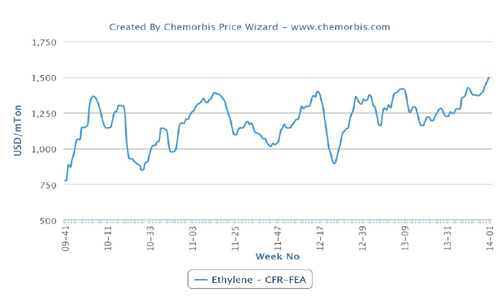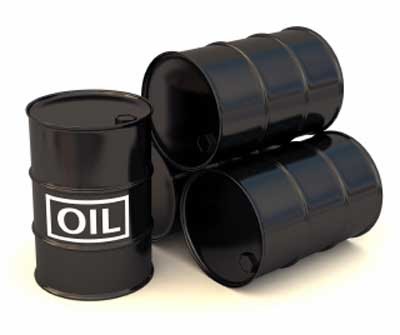India took less than a year to become self-reliant in the manufacture of medical devices, personal protective equipment (PPE), and ventilators following the coronavirus outbreak and now seeks to strengthen the global supply chain by ensuring quality, according to industry experts.
So far, 300 manufacturers of PPE kits, immunity boosters, face masks, and sanitizers have approached GS1 India, a government authorized standards body, for using its identification standards on their products to ensure supply across retail chains in India.
Also Read | How rural schooling is going into the dark
“GS1 India is conducting regular webinars for small and medium enterprise suppliers to help them understand processes of retailers and e-marketplaces and enable them to meet their requirements. As the pandemic hit the nation, it provided an opportunity for many small and medium enterprises and startup manufacturing companies to make such products. From almost nothing, now more than 300 companies are using GS1 barcode numbers on products such as face masks, face shields, sanitizers, PPE kits, and immunity boosters,” S. Swaminathan, chief operating officer, GS1 India, said.
From zero production of PPE before March, India has created the capacity to produce more than 500,000 PPE daily. “Before the outbreak of covid-19, there were only 20 firms manufacturing 6.2 million PPE kits per year, but within two-three months, the number of manufacturers listed with the Association of Indian Medical Device Industry (AiMeD) increased to 140 with 257.5 million annual capacity. Similarly, the number of Indian firms manufacturing ventilators went up from eight to 17 and that of mask manufacturers from 30 to 128,” said Rajiv Nath, forum coordinator, AiMeD.
In March, the Centre rolled out the production-linked incentive (PLI) scheme for bulk drugs and medical devices. Since then, 215 applications from 83 bulk drug makers and 28 applications from 23 medical device manufacturers were received. The government’s plan to set up bulk drug parks and the PLI scheme will help promote self-reliance in active pharmaceutical ingredients and key starting materials, raw material for drugs, for which India is still dependent on China, the Federation of Indian Chambers of Commerce and Industry (FICCI) said. “The Aatmanirbhar Bharat programme will see India emerge as a manufacturing superpower and will strengthen its bid to be the second factory in the world for medical devices. This will help end the 80-90% import dependence forced upon us and also lower the ever-increasing import bill of ₹42,000 crore,” said Nath.







